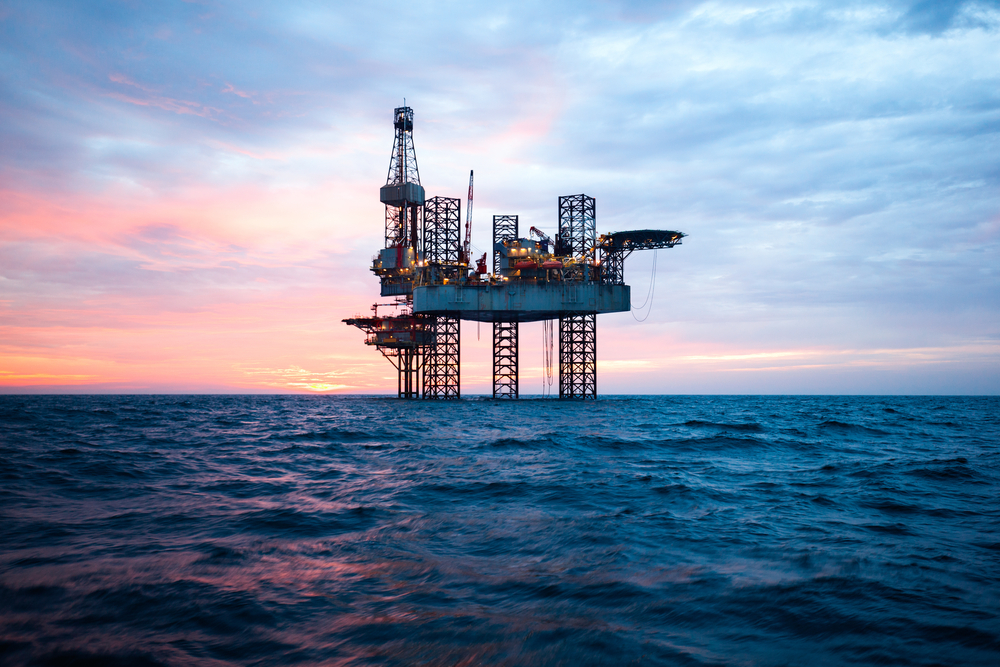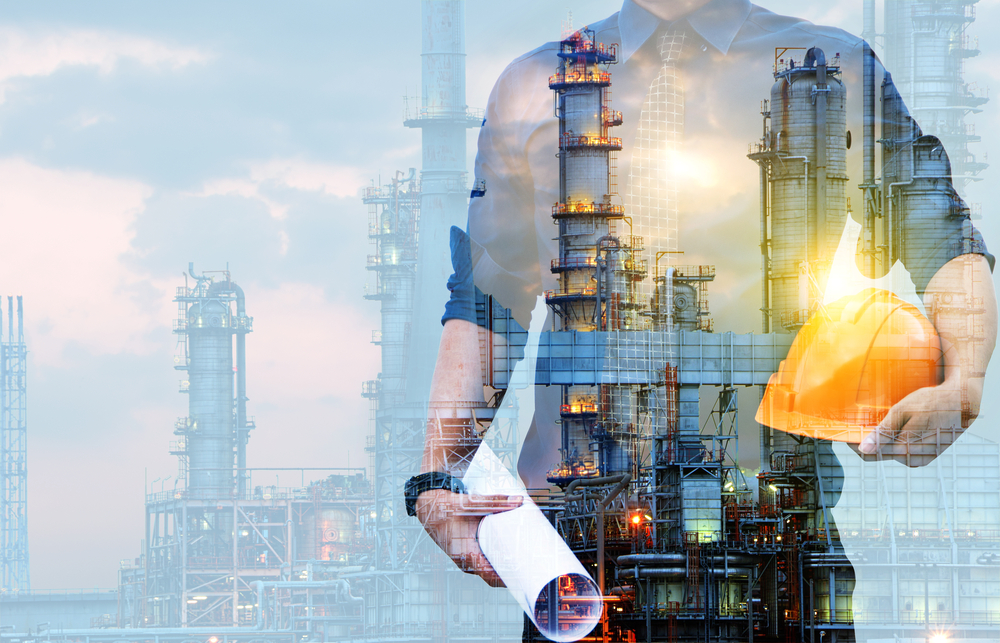Introduction:
The training course is oriented towards operators, technicians, and engineers of oil and gas processing plants. Basic concepts of process piping engineering are taught mainly to the designers. The participants will learn how to measure the flow of oil and gas, including pneumatic measuring devices, which are practical skills that go beyond the course.
Objectives:
- When completing this oil and gas process course, participants will be able to:
- Know the legality and commercial aspects of metering in the oil and gas gathering system.
- Understand appreciation of design criteria, security systems, and accuracy.
- Understand what is measurement and its concepts in industry certifications and how measurement error exists in such types of certification.
- Comprehend the fundamentals of flow measurement, proving, and sampling techniques.
- Measures certification programs, turbine meter trim calibration, and statistical quality control charts.
Training Methodology:
- Interactive lectures
- Case studies
- Group discussions
- Hands-on exercises
- Real-life problem treatments
- Q&A sessions
- Assessments and feedback
Course Outline:
Unit 1: Typical Gas System Overview:
- Typical Gas Pipeline System
- Bio of an Operator in oil and gas gathering system
- Typical Gas Sales Overview
- Contracts
Unit 2: Typical Gas Metering System Overview:
- Introduction to Fiscal Metering
- Line and Valving
- Obtaining Measurement in the oil and gas industry
- Secondary Instrumentation
Unit 3: Primary Flow Measurement Instrumentation:
- Installation of the Flowmeter
- Meter Tubes and Other Fittings
- Removals/Replacement Procedure
Unit 4: Measurement of Flow Ability:
- Uncertainty in the flow measurement
- Rangeability and calibration
- Ultimate Cross Verification
- Traceability
Unit 5: Secondary Measurement Instrumentation:
- Pressure Measurement
- Measurement of Temperature
- Measurement of Density
Unit 6: Measurement of Gas Quality:
- The Gas Sampling and Conditioning System
- Relative Density Analyzer
- Moisture Analyzer
Unit 7: Gas Chromatographs:
- Introduction to Gas Chromatography
- Gas Conditioning System
- Gas Chromatograph
- Chromatograph Controller
- Calibration and Consistency-checking
Unit 8: Calibration and Proving:
- Proving and Calibration Principle
- Flowmeter and secondary measurement proving
- Management of meter prover and its efficiency problems
- A method for calibration of meter prover
- Calibrating Reports (Meter factor, repeatability uncertainty)
Unit 9: Computer System Overview:
- Hardware
- Software
- Format of presentations
- Understanding Alarm Signals and their Responses
- Treatment of Operational Failures
- Stream Flow computer (Introduction, Webserver, PC Setup, Display editor, Report Editor)
- Supervisory Computer
Unit 10: System of Management through Computers:
- Hardware and Software
- Operator Interface
- System Security
- Communications
Unit 11: Equipment of Metering Panels and the Auxiliary Unit:
- Analog to Digital Conversion
- Power Supplies
Unit 12: The Primary Flow Measurement Devices:
- Oration
- Principles of Pipe Flow
- Mathematics Developments
Unit 13: Primary Flow Measurement Device - Differential Pressure Type:
- Simple Theory
- Orifice Meters
- Venturi Meters
- Flow Nozzles
- Low loss devices
- Variable Orifice Meters
- Variable Area Meters
- Pitot Tubes and Pitot Static Tubes
- Target Flowmeters
Unit 14: Primary Flow Measurement Device - Displacement Flow Mass Meters:
- Basic Principles
- Liquid Meters
- Designs for Gases
- Advantages and Disadvantages
- Applications
Unit 15: Primary Flow Measurement Device – Rotary Inferential Meters:
- Turbine Flow Meters
- Miscellaneous Designs
- Advantages and Disadvantages
Unit 16: Primary Flow Measurement Devices - Fluid Oscillatory Flow Meter:
- Principle of Operation
- Vortex Shedders
- Advantages and Disadvantages
Unit 17: Primary Flow Measurement Devices - Electromagnetic Flowmeter:
- Principle of Operation
- AC and Pulsed DC
- Applications
- Advantages and Disadvantages
Unit 18: Primary Flow Measurement Devices – Ultrasonic Flowmeters:
- Doppler Type
- Time-of-Flight Type
- Clamping method
- Usage
- Positive and negative aspects
Unit 19: Primary Flow Measurement Devices - Mass Flow Measurement:
- Coriolis Meters
- Devices of Angular Momentum
- Thermal Flow Rates
- Usage
- Positive and negative aspects
- Troubleshooting
Unit 20: Primary Flow Measurement Devices - Other:
- Cross-Correlation
- Tracer Methods
- Methods of Weighing
- Using Lasers
Unit 21: Flow Measurement Systems and Custody Transfer Considerations:
- Custody transfer requirements and process
- Meter factor
- Proving systems direct and indirect, master meter volume displacement
- Custody transfer skids
- Flow computers and communications systems
- Temperature and pressure
Unit 22: LACT Unit:
- Description of LACT/ACT systems
- Description and working principles of metering system components
- Mechanical regularizer in the liquid measurement system
- Temperature and Pressure instruments in the metering system
- Sample automatic snapper
Unit 23: API MPMS:
- API MPMS Ch 11.1 – Volume correction factors
- API MPMS Ch12 Calculation of Petroleum Quantities, within the framework of oil and gas related professional development courses
Professional Certification Course in Oil and Gas:
Those participants wishing to gain further qualifications within the oil and gas industry may look for a professional certification course. Its purpose is to certify one's proficiency in certain sectors of the industry, such as flow metering, instrumentation, and chemical processing. There is a possibility of career progression and appreciation in the oil and gas sectors after obtaining industry certifications.

.jpg)
.jpg)

.jpg)
















